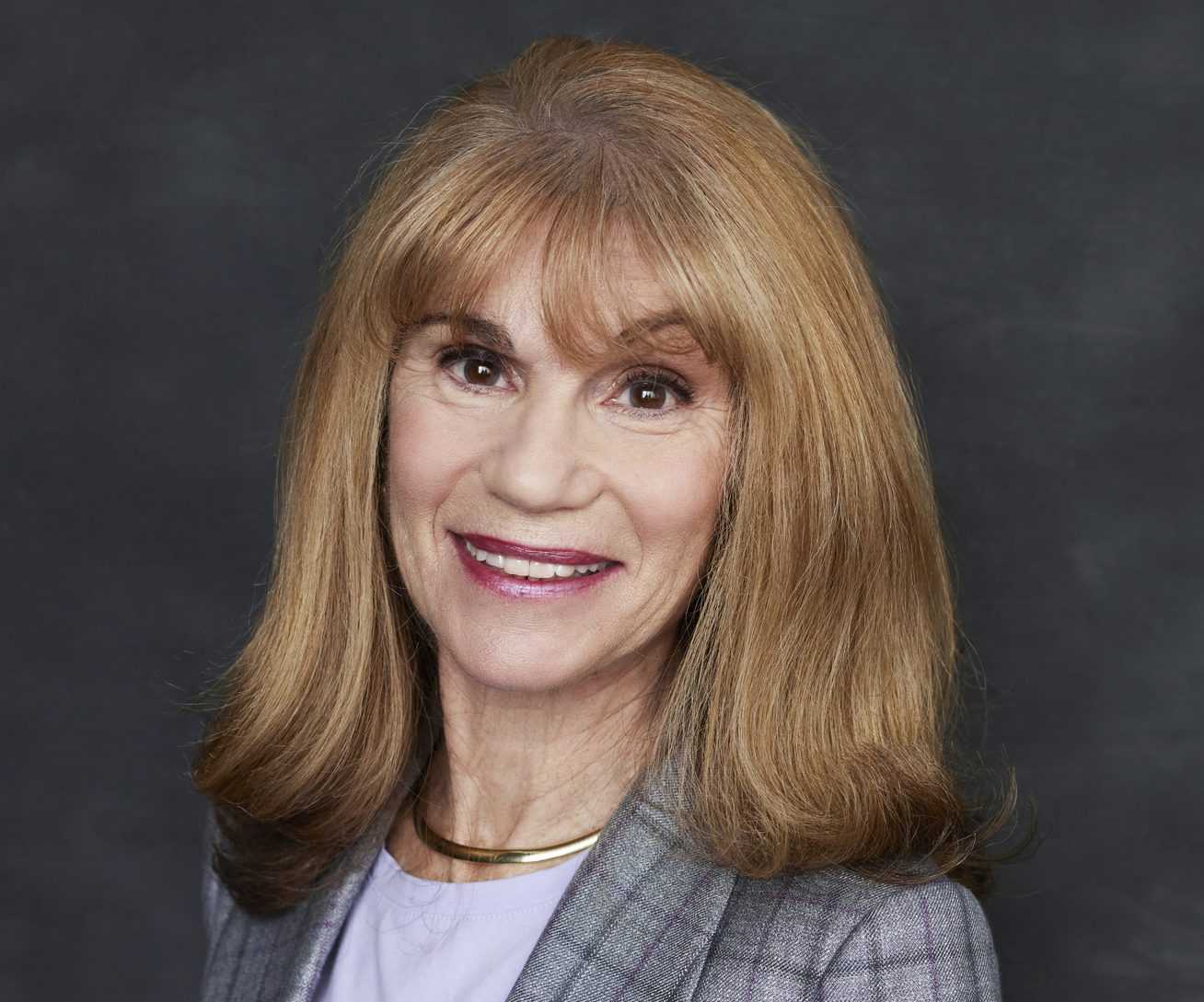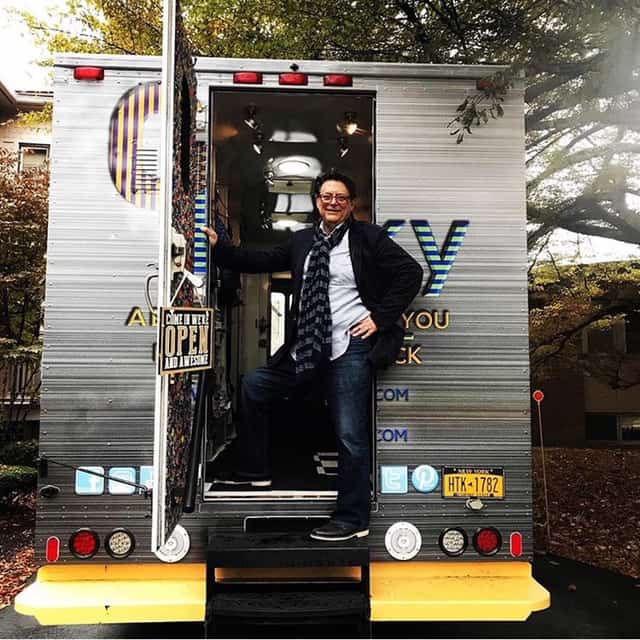ROAD TRIP: LUCKY NAHUM’S TRUCK STOP


“Today is not yesterday,” explains Nahum, “not at wholesale or retail. About 10 years ago I began to realize this: fewer stores to sell to, a capacity to produce outpacing a capacity to consume. I saw that the internet presented not only obstacles but opportunities so I devised a system where I could partner with retailers online. This partnership program divided stores across the U.S. and Canada by zones (determined by zip codes); for sales from my website that came from their zones, they’d receive the retail portion of the margin. In the case where more than one retailer resides in said zone, the margin would be split based on the percentage each store bought as an upfront order per season.”

Nahum’s ultimate goal: to build the business to three or four successful trucks and then franchise the concept. “I’m hoping to provide young entrepreneurs the opportunity to own a franchise that allows them to sell fashion with higher profits than owning a specialty store, with the added benefit of a flexible lifestyle. Important in all this is a supply chain without seasons, i.e. factories supplying a regular flow of new product every day. With the seasonal model no longer working, visionary suppliers are adapting to new ways of doing business.”







